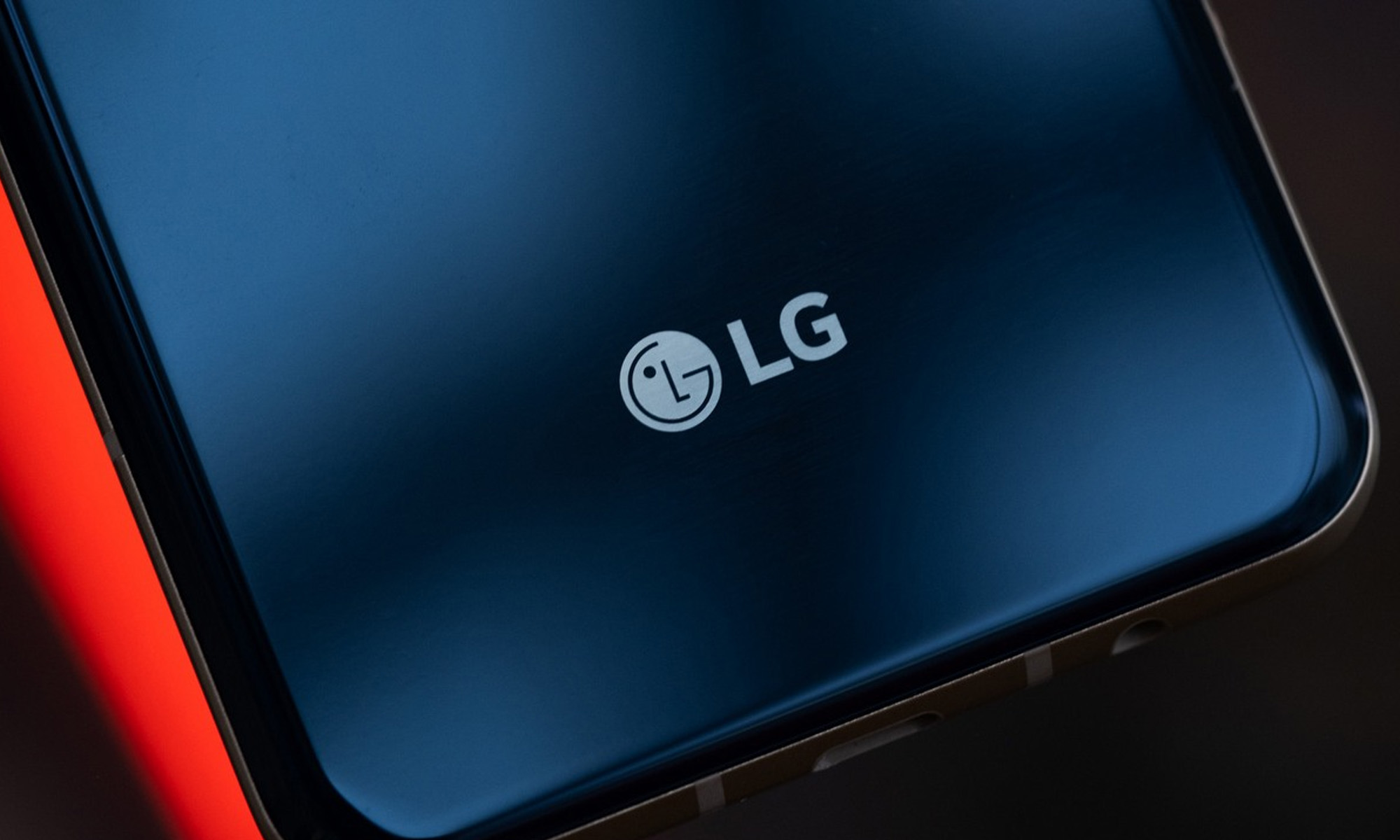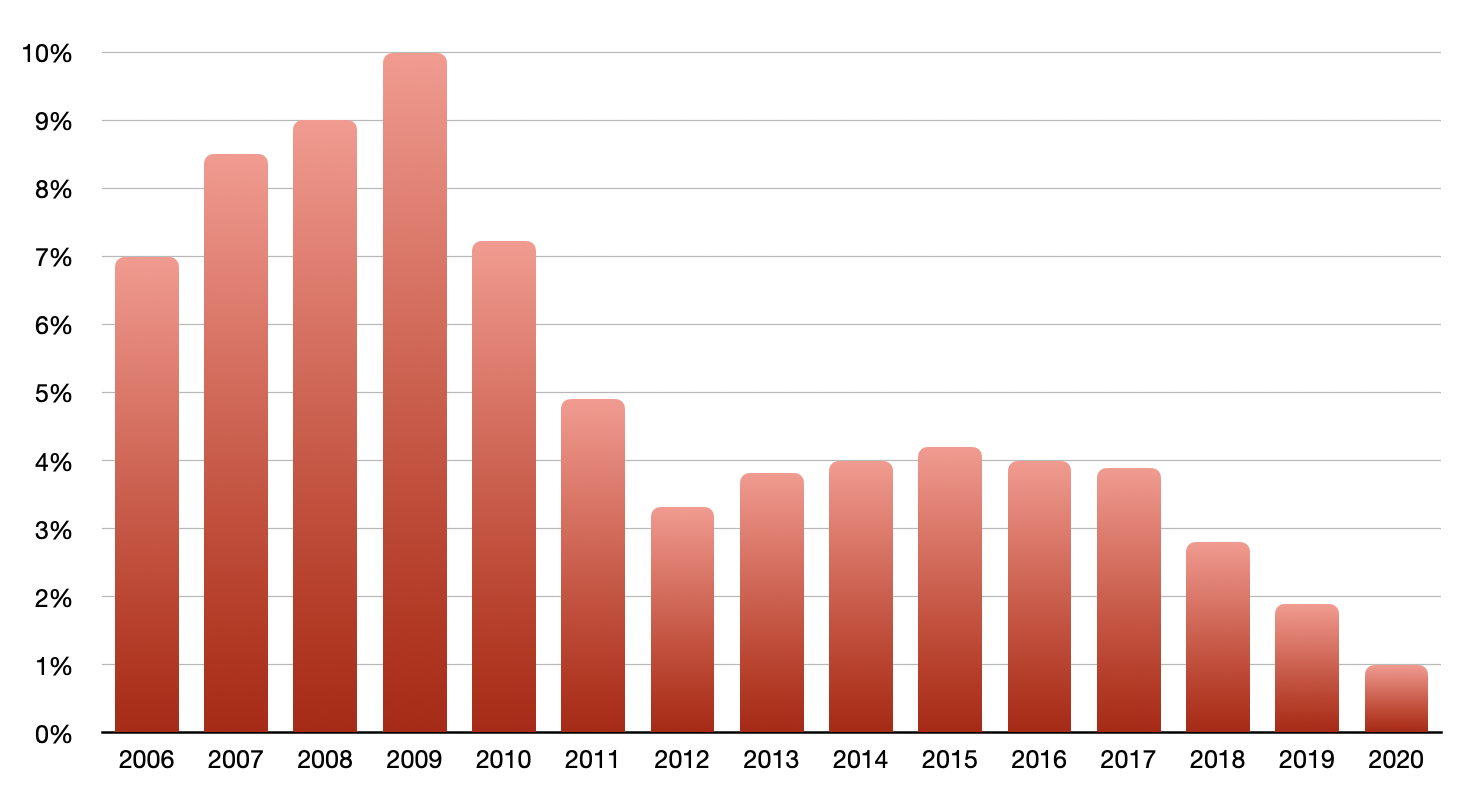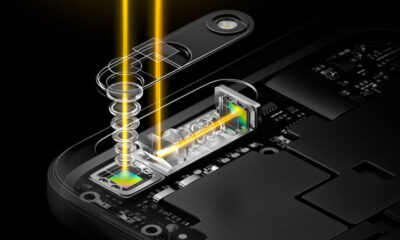News
LG To Withdraw From Smartphone Market Due To Ongoing Losses
After nearly 6 years of losses, South Korea’s LG Electronics has decided to completely withdraw from the smartphone market and focus on other areas instead.

After nearly six years of losses, South Korea’s LG Electronics has decided to withdraw from the smartphone market and focus on other areas instead, including home electronics, connected devices, and smart vehicle components.
The total losses of the LG’s mobile division amount to $4.5 billion even though the brand currently enjoys the third place in the United States, after Apple and Samsung Electronics.
“In the United States, LG has targeted mid-priced — if not ultra-low — models and that means Samsung, which has more mid-priced product lines than Apple, will be better able to attract LG users,” commented Ko Eui-young, an analyst at Hi Investment & Securities.
For a long time, LG was considered to be one of the most innovative smartphone manufacturers, pioneering ultra-wide-angle cameras, dual-display devices, vein-tracking aerial gestures, and swappable components. Unfortunately, most of its innovations failed to gain any significant traction among consumers.
To make things even worse, some of the more recent flagship models have suffered both software and hardware problems, and professional reviewers were quick to point them out, steering potential buyers toward other brands.

LG Smartphone Market Share
Currently, LG’s global share is only around 2 percent, with 23 million smartphones shipped last year. When compared with Samsung’s 256 million shipped units, the company’s decision to withdraw from the smartphone market suddenly becomes easier to understand.
Also Read: Huawei Wants To Make Long-Range Wireless Charging A Reality
It’s also worth pointing out that successful Chinese brands, such as Xiaomi, Vivo, and OPPO, have greatly increased buyers’ expectations by offering flagship specifications at mid-range prices.
The good news is that current employees of LG’s mobile division won’t lose their jobs — at least not those who are based in South Korea. Instead, they will be moved to other electronics divisions. Owners of LG smartphones also have nothing to worry about because both service support and software updates will continue to be provided even in the near future.
News
Samsung Smart Glasses Teased For January, Software Reveal Imminent
According to Korean sources, the new wearable will launch alongside the Galaxy S25, with the accompanying software platform unveiled this December.

Samsung appears poised to introduce its highly anticipated smart glasses in January 2025, alongside the launch of the Galaxy S25. According to sources in Korea, the company will first reveal the accompanying software platform later this month.
As per a report from Yonhap News, Samsung’s unveiling strategy for the smart glasses echoes its approach with the Galaxy Ring earlier this year. The January showcase won’t constitute a full product launch but will likely feature teaser visuals at the Galaxy S25 event. A more detailed rollout could follow in subsequent months.
Just in: Samsung is set to unveil a prototype of its augmented reality (AR) glasses, currently in development, during the Galaxy S25 Unpacked event early next year, likely in the form of videos or images.
Additionally, prior to revealing the prototype, Samsung plans to introduce…
— Jukanlosreve (@Jukanlosreve) December 3, 2024
The Galaxy Ring, for example, debuted in January via a short presentation during Samsung’s Unpacked event. The full product unveiling came later at MWC in February, and the final release followed in July. Samsung seems to be adopting a similar phased approach with its smart glasses, which are expected to hit the market in the third quarter of 2025.
A Collaborative Software Effort
Samsung’s partnership with Google has played a key role in developing the smart glasses’ software. This collaboration was first announced in February 2023, with the device set to run on an Android-based platform. In July, the companies reiterated their plans to deliver an extended reality (XR) platform by the end of the year. The software specifics for the XR device are expected to be unveiled before the end of December.
Reports suggest that the smart glasses will resemble Ray-Ban Meta smart glasses in functionality. They won’t include a display but will weigh approximately 50 grams, emphasizing a lightweight, user-friendly design.
Feature Set And Compatibility
The glasses are rumored to integrate Google’s Gemini technology, alongside features like gesture recognition and potential payment capabilities. Samsung aims to create a seamless user experience by integrating the glasses with its broader Galaxy ecosystem, starting with the Galaxy S25, slated for release on January 22.






















